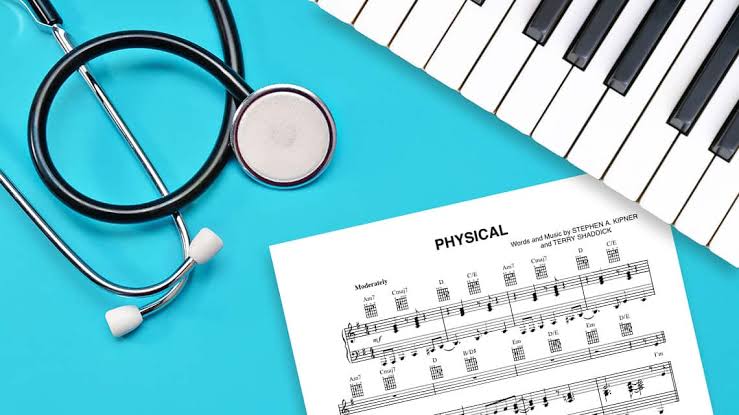
It’s beautiful how our implicit memory brings back cherished moments when we listen to music or how we get very excited and enthusiastic.
Sometimes listening to some songs might make you feel sober, or rational and many other feelings that help our mind balance.
We can instantly differentiate music from noise in any form because every human is endowed with the ability to know music even to the extent of identifying different parts of it, like rhythm, tempo and pitch.
Every music has its effect on us. Fast music tends to cause a rapid heart rate and an increase in blood pressure. while slow music can have the opposite effect like keeping you calm.
Although, the extent to which we are affected whether positively or negatively by music is not fully known. Researchers discovered that we gain pleasure and feel good when listening to music because of a chemical that gets released in our brain called dopamine.
Music gives us strong feelings and some people have the belief that it transcends us into another realm.
Studies have shown that music can improve our medical conditions and well-being. Better evidence is being researched on the effect of music on our health.
However, studies have confirmed the following benefits of music on our well-being.
Music improves mood; research confirmed that music improves the general well-being of the body and creates positive emotions like happiness and comfort
Music reduces stress; slow music or music with low pitch has been associated with reduced stress and anxiety in surgical patients and healthy people as well.
Lessens anxiety; Research also shows that better emotional stability is achieved in people with cancer when music is included with standard treatment rather than just standard treatment.
Enhance exercise; Studies prove that exercise with music produces more consistency mentally, and physically, and frees oxygen.
Enhance memory. Studies show that music with melody and rhythms improves memory. Testimonies from stroke survivors show that they have better focus, verbal reasoning and less confusion when listening to music.
Eases pain. Research made it known that surgical patients who added listening to music as part of their care had better comfort and satisfaction than those who did not add music
Provides comfort. Music has served as a therapy for those who have serious illnesses and those in end-of-life care, it helped improve their communication and express their feelings like fear, depression and loneliness.
Assist children who have autism spectrum disorder. This is a growth and neurological disorder that begins at an early age. Music has aided children with this condition in communication, expression, focus and social responses.
Pleases Preterm Infants. Lullabies are known to be beneficial to babies but they become magical when it comes to premature babies. The presence of lullabies or live songs makes the baby latch on to suck and make long draw-out pulls, it improves their feeding and increases their quiet alertness.
Music Helps You Eat Less. Studies show that dimming lights with music, while people eat, reduces their appetite for lots of food and improves pleasure derived from eating. With music, people trying to burn fat or slim down can achieve their dreams at a faster rate.
